Homeopathy Tips Newsletter
Recognizing the Ripple
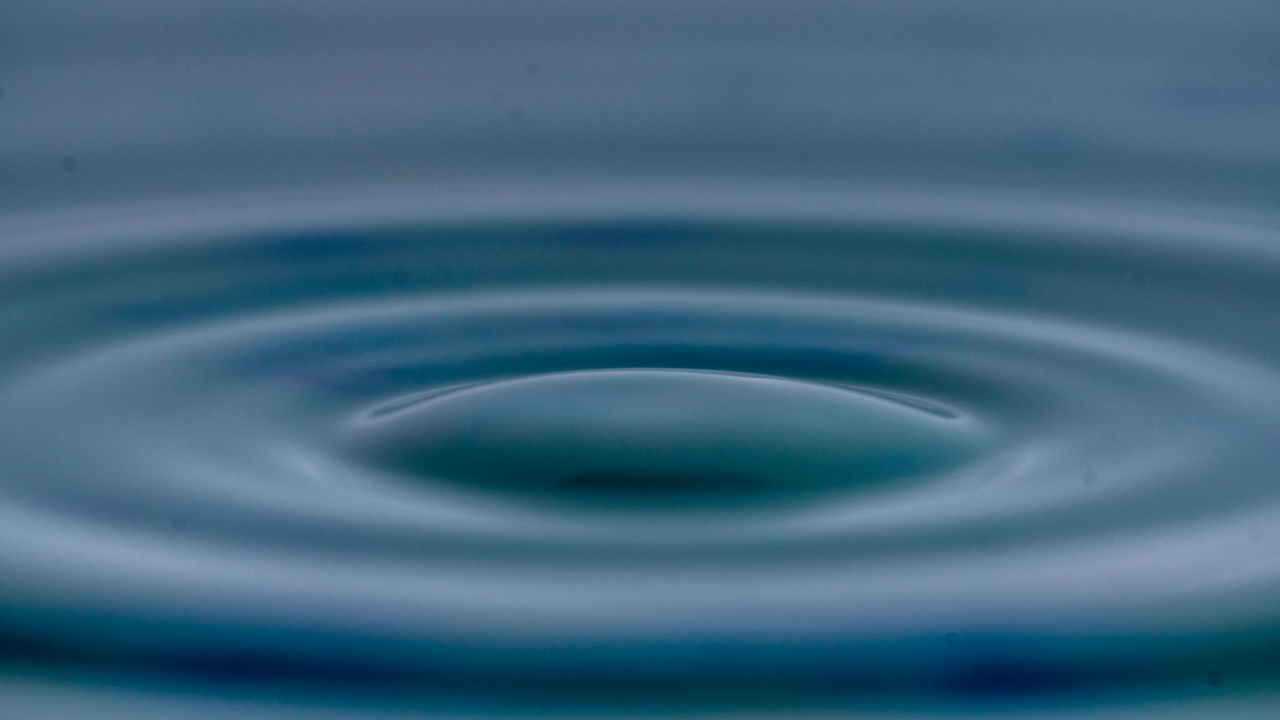
When we give a remedy, we expect that a person will get better and the path to wellness is easy and straight forward. But nothing could be further from the truth. During healing, we often have the expected aggravation but there are other moments that will come up that do not fall into the aggravation description but need to be understood.
There is no cure without an aggravation. Most homeopaths have come to accept and expect to see this. There are a lot of ways to recognize the healing by aggravation and amelioration. Sometimes these are very clearly presented by the person. There are other less noticeable forces that also work to bring about change and they do not fall into the class of aggravation but need to be understood also.
When a remedy is given and is recognized by the vital force a wave of energy is initiated. This energy usually is accompanied by amelioration of the presenting symptoms and an upsurge in energy. The person will usually report they are feeling better even if...
4 Common Prejudices to Avoid in Case-Receiving
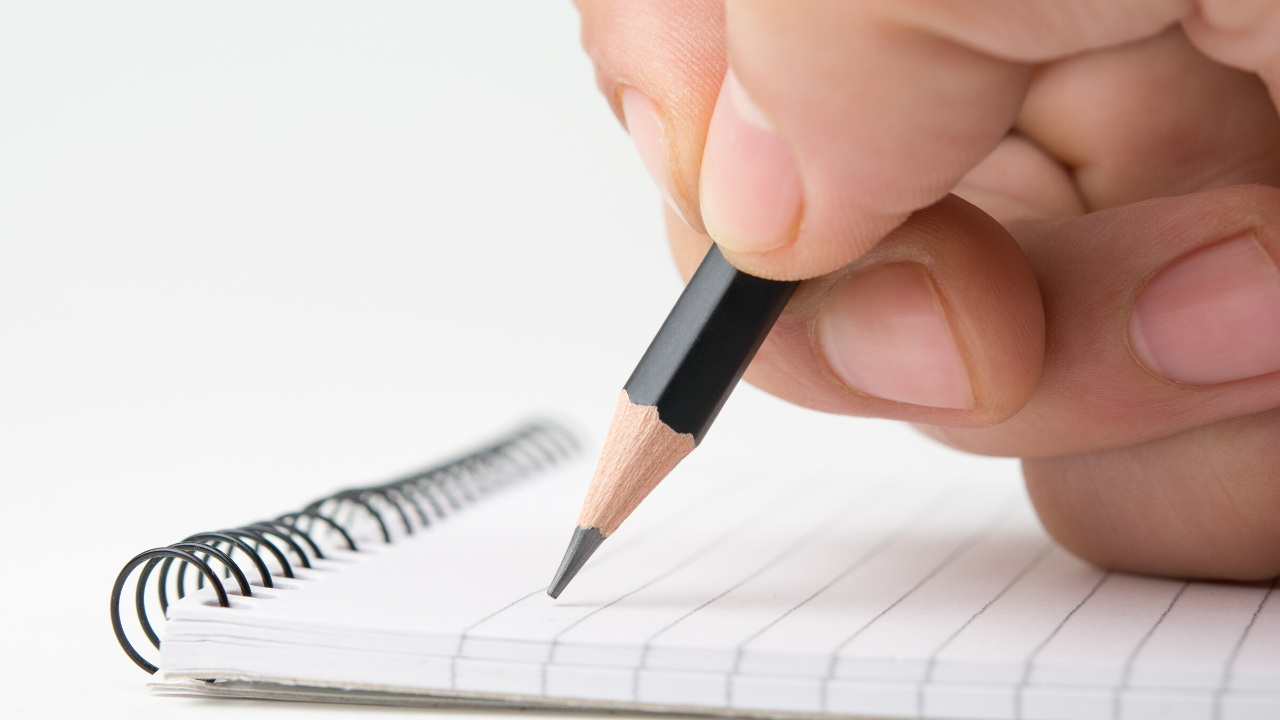
The most common pitfall in homeopathy is prejudice. This is prejudice on the part of the homeopath whose pitfall is not seeing the case clearly because of ideas in his/her mind that are not of the essence of the case. Let’s examine the roots of this prejudice and what it means.
First, the definition of prejudice; according to Merriam-Webster’s dictionary, prejudice is "an opinion made without adequate basis. To damage by a judgement or action. To judge before full hearing or examination."
Hahnemann spoke of the unprejudiced observer in Aphorism 6 of the Organon of Medicine: "The unprejudiced observer well aware of the futility of transcendental speculations which can receive no confirmation from experience be his powers of penetration ever so great, takes note of nothing in every individual disease, except the changes in the health of the body and of the mind (morbid phenomena, accidents, symptoms) which can be perceived externally by means of the senses; that is to say, he notices o...
The Process of Illness: Part 2

Last week, in Part 1 of diving into the process of illness, we learned that the illness is the perfect solution to the conflict. If the conflict cannot easily be expressed and resolved, it gets imprinted. Healing is about coming to solutions and doing something about it. When the situation has changed, the biological invariant programming can turn off and normalcy can begin to be reestablished. True healing does not come from outside of the individual. It always comes from the individual. Any individual who expects healing to come from someone else usually remains ill. The best solution to any conflict is to transcend it. Love, acceptance, and inspired change are the hallmarks of true healing. The homeopathic remedy does nothing other than inspire the vital force. Once the vital force is in response to the remedy deeper healing and inspired solutions flow.
There are two phases of disease; the conflict phase and the healing phase. The conflict phase begins with deep stress or shock and...
The Process of Illness: Part 1

Homeopathy is one of the most powerful healing modalities. But the truth is, homeopathy does not heal us. We heal ourselves. In order to understand the healing process, we need to better understand the process of illness. Why do we get sick the way we do? Jung stated, "We are not here to heal our illnesses. Our illnesses are here to heal us." We must understand the biology of illness and disease to better understand the process of healing. After all, if we do not understand what is asking to be healed, we will never find a remedy to inspire healing. So let's dive into the process of illness.
Our biology has evolved over many thousands of years. In this evolution, we are programmed for survival. Survival is imprinted into our brains. When we feel a threat on any level, mental, emotional, or physical, we use our mind to try to solve the problem of our survival. If the threat is not very intense or of short duration, we will find a solution and this does not get recorded in the brain. If...
What Happens When We Respond to a Remedy

Homeopaths often refer to the remedy as "working" when we have a positive response. But what is actually happening when we take a remedy and it works? This is something I find my students often have a hard time explaining and understanding clearly. So let's walk through the process of responding to a remedy and why it even works.
We must first set the groundwork for a remedy’s action by understanding the nature of the vital force. We are spiritual beings with a physical body. This spiritual aspect is immaterial and animates the physical. Without the spiritual vital force, there is no life energy and death is the result. This immaterial vital force is responsible for all consciousness, and sensations experienced by the physical body including mind and emotions.
All dis-ease is a result of a disturbance in the vital force. This is a spiritual dis-ease that eventually is made known in the physical body. The spiritual dis-ease is first known through our mind and how we see our world or r...
The Challenge for New Homeopaths
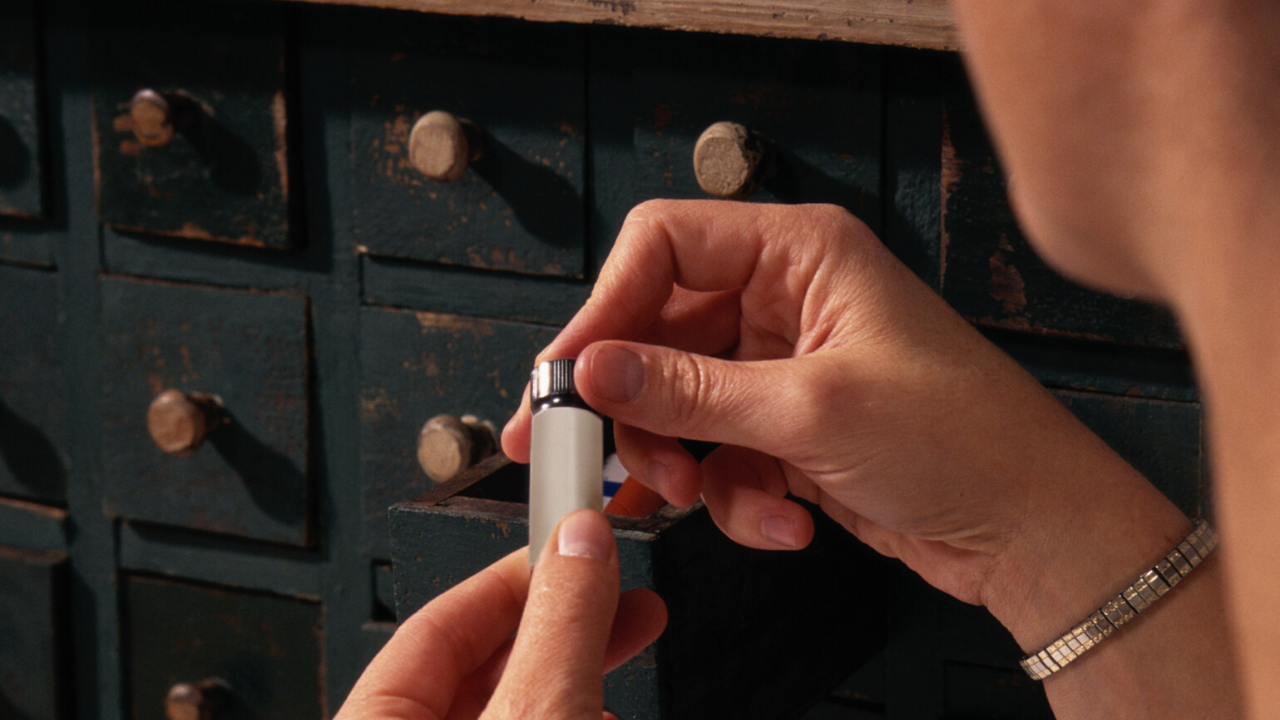
Most new students of homeopathy want to know that the money and time they have spent on their education will bring them success. The common questions are, "Will I get a job? Will I make money? How much will I make?" and so on. These are all very good questions but the real answer to all of them is simple; it depends on you.
Homeopathy and alternative medicine are the fastest-growing segments of health care spending. As more and more people become discouraged by the limitations and failures of our allopathic healthcare system, they are turning to alternatives that are safe and effective. Homeopathy offers the safest and, when prescribed correctly, the most effective form of medicine on the planet. There is probably no better time in history to become a homeopath and follow that internal call to help others, but this does not come without its own challenges.
When a person decides to study allopathic medicine, there is a system of education that is built into our educational system alre...
Treating Yourself
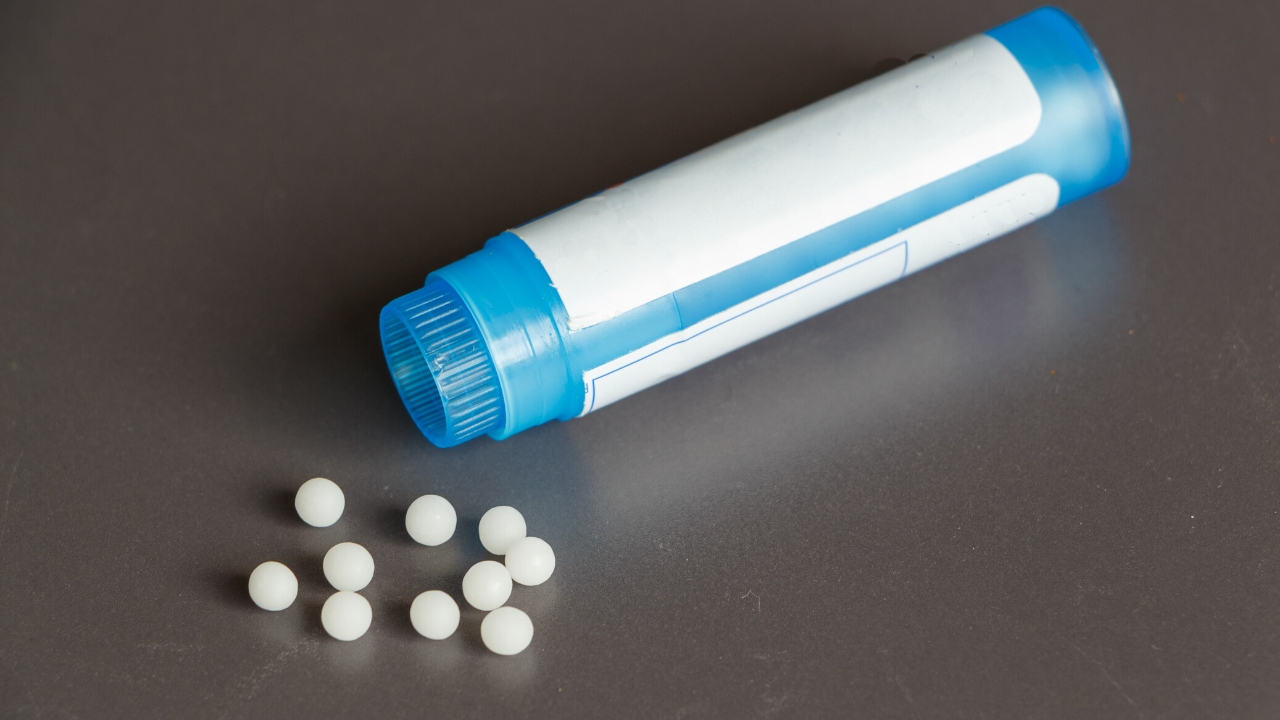
One might think that because you are a homeopath that you would be the best observer of yourself. This could very well be true if we are clear about our suffering and what the most optimum state of health is. In order to treat anyone, the homeopath must know health from dis-ease. But sometimes this is more difficult to see in ourselves than it is to see in others.
The more a homeopath has experience with others, the more they will know themselves. This happens because we learn better as time passes what is health and what is dis-ease. Homeopaths can only successfully treat those individuals that are sicker than themselves. This is because if a person who is the client is healthier than the homeopath, the homeopath will not be able to see beyond his own dis-ease to perceive the dis-ease of the healthier individual.
When we suffer, it feels normal to feel how we feel. It can be often that we suffer and do not even know it. We may be completely unaware of our own process that is keeping...
Classification of Constitutions
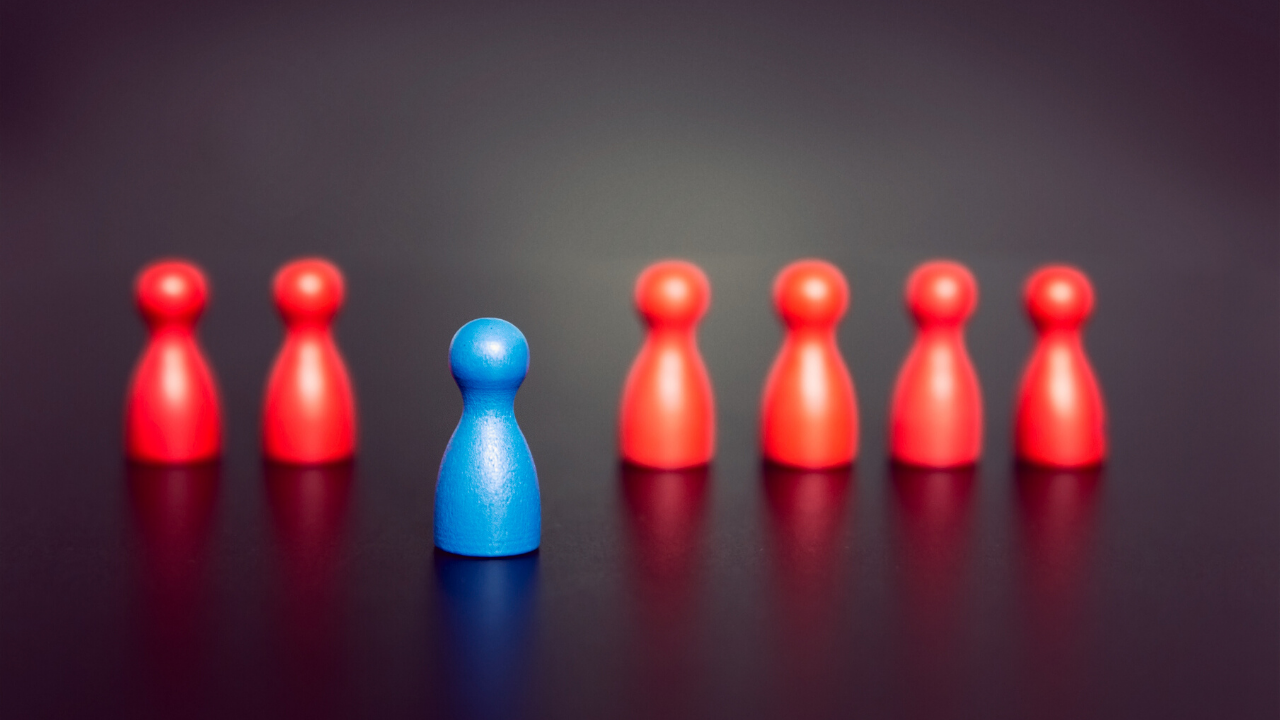
One subject that gets asked about a lot is constitutional types. I find that there is a great assumption in modern homeopathy to classify certain types of individuals into “constitutional types.” Several authors have written extensively about this and painted many pictures about what Sulphur or Lycopodium or Natrum Muriaticaum “constitutional types” look like. I find this very dangerous in homeopathy.
Every case before us stands on its own unique set of symptoms. No two cases are the same even if the same remedy is given. To create a box or group to file certain attributes of a remedy together and then fit a person to the box is not homeopathy. Learning any system that does this is very dangerous and leads to poor homeopathic prescribing.
I was studying from Kent’s Lesser Writings and he said it best:
“Why should we attempt to classify constitutions as an aid in prescribing? Every individual is a constitution, and no two sick persons can be classified as of the same class to the sat...
Homeopathy as a Spiritual Path

Hahnemann recognized the spiritual basis for homeopathy. He spoke about it often in the Organon and gave us a guide for spirituality as well as healing. He referred to the vital force as a spirit like dynamis that animates our body (Aphorism 15). As homeopaths, we must always remember that it is the outwardly manifesting derangement of the vital force that is recognizable as dis-ease. In every case, we should be diligent to keep this in mind. Doing so can be a constant reminder of our own spiritual essence.
Hahnemann also told us to be unprejudiced observers (Aphorism 6). This means to lay our prejudgment aside. We must not hold contempt for another and treat them with respect, dignity, and as if we have never seen or heard a story like this before. It is a good practice to be this good of a listener to all people. When we meet another, it is following the higher call of homeopathy if we meet them without prejudice.
Hahnemann also told us that our high and only mission was to restore...
Learning Acceptance to Heal

Somewhere along the line of our human development, we learned to always try to do our best. Many times this is translated as "we need to do better." In many cases, as a person is healing they go through a phase of seeing their dis-ease as never before, as if finally the clouds parted and they can now see the sun. I often call this process "moving into the observer." But in the course of healing, I see another common pattern of thinking that people go through. As they become more consciously aware of their dis-ease, they often go into self-reproach.
We all have learned and probably taught our own children through discipline. When the toddler runs into the street for the umpteenth time after being told not to, eventually some discipline may come. After repeated attempts by the parents to discourage the behavior, the child learns (eventually) that discipline works. We often don’t see evidence of this until the child grows up and becomes much more responsible but the discipline we have re...

